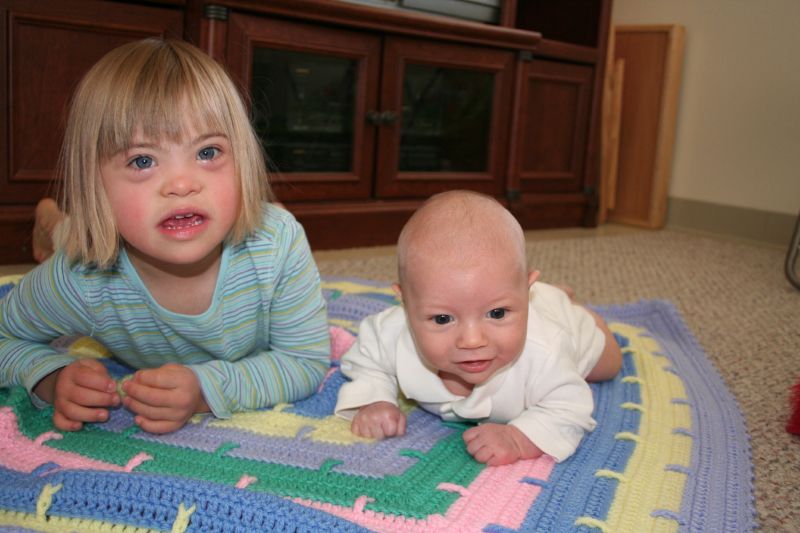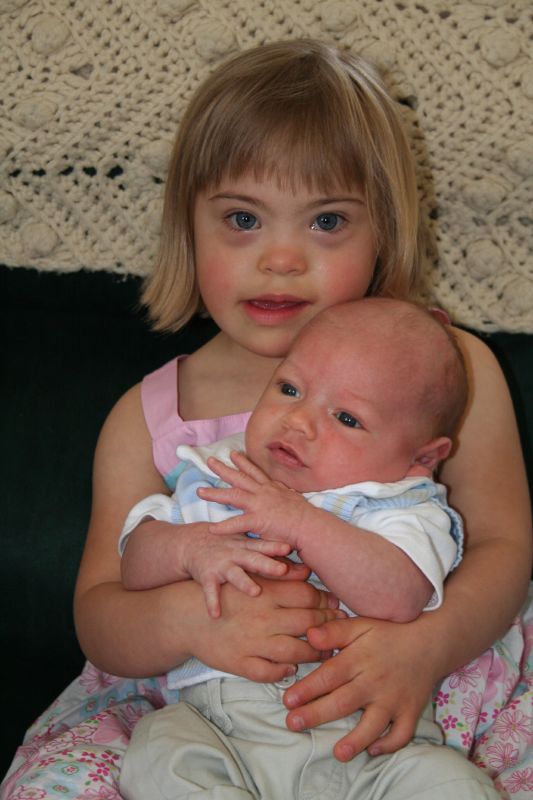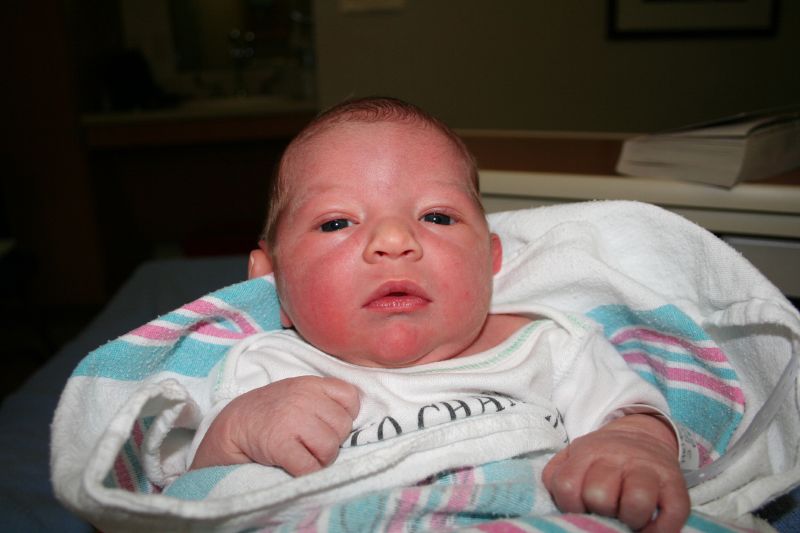This new theory was discovered accidentally while researching a protein associated with cardiovascular disease. This protein is regulated by a microRNA that is on chromosome 21 and that made the connection to Down syndrome.
For years it has been suggested that because individuals with Ds have an extra chromosome, the disorder most likely results from the presence of too many genes or proteins contained in that additional structure.
But the recent study from Terry Elton, a professor of pharmacology at Ohio State University, finds the opposite might be true - that a deficiency of the protein in the brain could contribute to the cognitive impairment and congenital heart defects common in individuals with Ds.
Experiments have shown there are lower levels of this protein in the brains of humans and genetically-engineered mice with Down syndrome. It also showed that manually manipulating pieces of RNA that regulate the protein could increase protein levels in both human cell lines and mouse brains. An experimental drug that acts on those RNA segments returned this protein to normal levels in the mice.
A total of at least five of these RNA segments are overexpressed in persons with Ds because they are located on chromosome 21.
"We're talking about a paradigm-shifting idea that maybe we should look for underexpressed proteins and not overexpressed proteins in Down syndrome," said Elton. "What this offers to the Down syndrome community is the potential for at least five new therapeutic targets to pursue."
See the potential of what research such as this one can do for individuals with Down syndrome? That is why research is needed - to understand the inner workings of what that extra chromosome is doing.
This isn't connected to this research study in particular, but a little update on Plus15 - over $130,000 for Down syndrome research was raised the day the campaign launched. Wow. That's wonderful! Especially since the National Institute on Health expects to spend $19 million on Ds research. That sounds like a lot, but it is less than .01 percent of their research budget. That's less than the $114M for youth violence, $96M for smallpox, $73M for ADD, and 170 other subjects; and Down syndrome is the most common genetic disorder.
Since Down syndrome happens at conception then as long as women keep having babies Down syndrome will always be there. It's not something you can prevent, so why not pursue research to improve the lives of those living with Down syndrome?



















































1 comment:
Another wonderful blog post, Michelle. We need more advocates like you to advance cognition research for Down syndrome. Thanks for writing, and for your continued support in the plus15 campaign!
Post a Comment